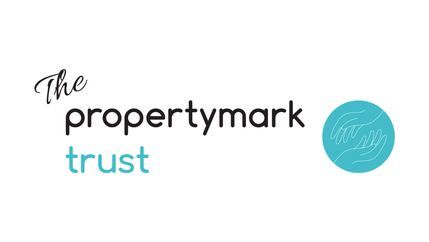On the eve of Halloween, the first ever female UK Chancellor of the Exchequer, Rachel Reeves, delivered the autumn statement on behalf of the recently elected Labour Government.
The budget, as expected, demonstrated a significant shift in emphasis from the previous Tory regime and the measures being introduced will, it is expected, raise in excess of £40 billion in additional taxation.
Coupled with changes to the fiscal rules that alter the way in which Government has to account for borrowing on infrastructure projects this was a huge tax and spend approach to the UK economy.
As always, there was much pre budget speculation as to where the hammer would fall in terms of raising money and, whilst it can be argued that Labour may have broken some of their election promises on the taxation of “working people” the majority of additional costs have fallen on businesses with a 1.2% rise in employer National Insurance contributions coupled with a reduction in the level at which these payments need to be made – from £9100 to £5000 – expected to raise in excess of £25 billion of additional revenue per annum.
This, together with a 6.7% increase in the living wage to £12.21 per hour and the knock-on effect on employer pension contributions for individuals will significantly add to the costs of running many businesses. There was however an increase in the employer’s allowance from £5000 to £10500 which will help mitigate costs for many smaller businesses.
Together with the cost of implementing new employment legislation and a reduction in the relief from business rates, it was a tough budget for most businesses.
This may have an impact of future wage growth and the desire of employers to increase their workforces and, is likely to result in inflationary pressures on the cost of goods and services in order to cover the higher levels of expenditure.
For pensioners, the ongoing commitment to the “triple lock” will mean an increase, from April 2025 of 4.1% – increasing the state pension to £11,975 per annum. The levels of tax-free cash that can be taken from a “pension pot” remained untouched but a sweeping change to “inherited pensions” was made by making them part of an individual’s estate and therefore making beneficiaries liable for inheritance tax on the money.
As far as the property market is concerned the major change was the announcement of an immediate increase in the second property stamp duty surcharge from 3% to 5%. This will, undoubtedly impact investors and landlords who may reconsider plans to expand portfolios and provide much needed rental accommodation. It is likely that the coming days and weeks will see many renegotiations of current transactions with prices being reduced to reflect higher buying costs.
It had already been confirmed that the threshold at which stamp duty becomes payable would revert in April 2025 to £125,000 from the current level of £250,000 and that the first-time buyer threshold will reduce from £425,000 to £300,000. This will, in effect, add £2,500 (2% on £125,000) to the cost of buying a property.
Capital Gains Tax was increased on the sale of many assets such as shares but was left untouched in regards property disposals.
On the spending side of the budget equation there was a commitment to spend £500 million more on helping create greater volumes of affordable housing and a change to right to buy which will see, as yet not confirmed, reductions in the discounts available for tenants to buy their own homes with local authorities now able to reinvest 100% of the proceeds from such sales in providing more affordable housing options.
There was, of course, much more in the budget and we will all have to watch with interest as the detail unfolds. Many of the measures are not due to be implemented for either a few months or even a few years.
A key factor will be how the markets react to the budget, particularly the huge borrowing plans relative to the less than impressive growth forecasts (given that Labour’s mantra has been all about growth). The Government basically buys that money by offering a return by way of bonds and gilts. The higher the perceived risk the higher the interest rate they have to offer. If these rates rise then that may put pressure on the Bank of England to increase the base rate with a knock on effect on mortgage rates (as happened after the disastrous Liz Truss mini budget). If this is avoided, then it is likely that the slow easing of interest rates already underway will continue. AS mentioned, the forecasts for growth and inflation over the next few years based on the announcements are not overly exciting and so we are likely to be walking a bit of a tightrope as we move forward. At least the price of a pint of beer will be coming down as duty was reduced by 1.7%!
As far as the sales market is concerned, there was not a great deal that is likely to change the position for the majority looking to buy or sell. These decisions are largely lifetime and lifestyle choices and based on longer timeframes than the lifetime of a particular Government. Activity levels are likely to remain fairly consistent and we don’t expect to see much change in that outlook . Prices are steady and I expect those that have a strong motivation to move and are realistic over price will still find it straightforward to do so.
Michael S Day MBA FRICS FNAEA FARLA
Managing Director








